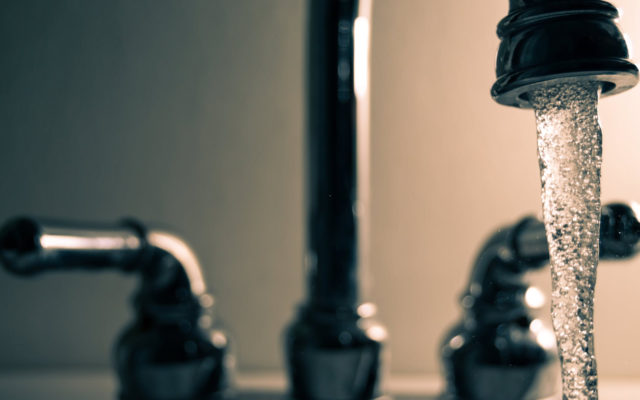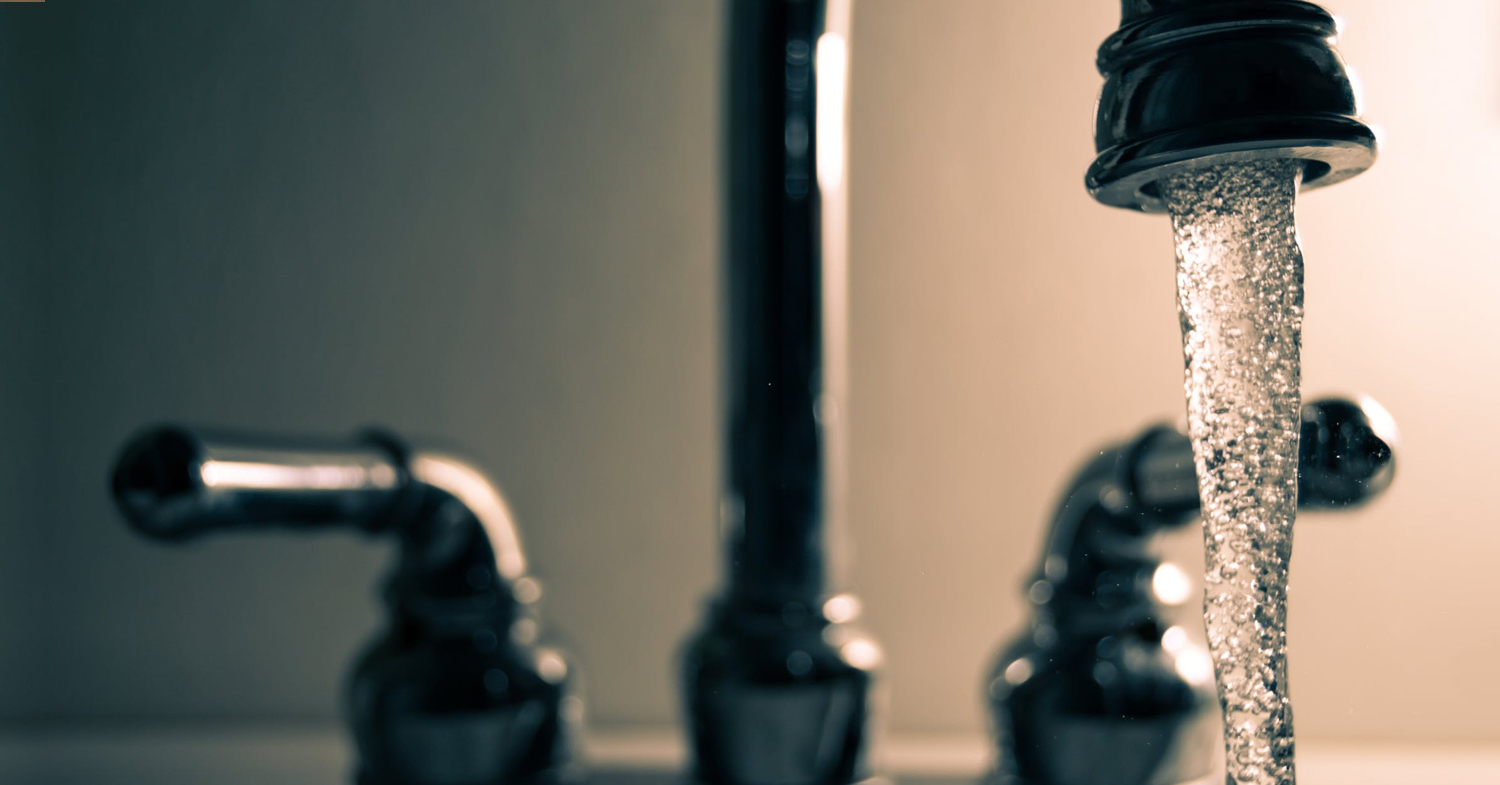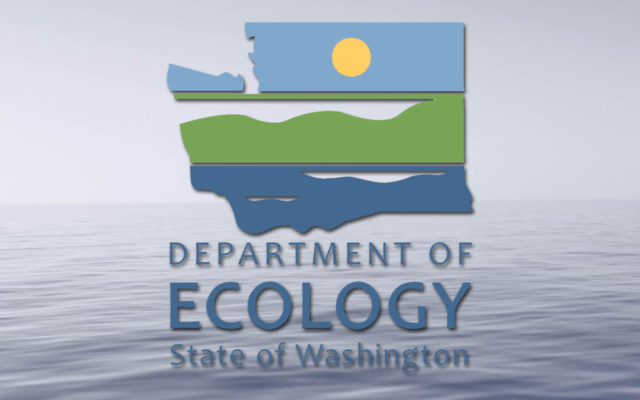Westport among $462 million in water project funding nationwide


Over $3 million in funding is coming to the City of Westport thanks to funding directed by the Trump Administration
The Trump Administration announced that the United States Department of Agriculture (USDA) is investing $462 million to modernize critical drinking water (PDF, 367 KB) and wastewater infrastructure across rural America.
“Upgrading the infrastructure that delivers safe drinking water and modern wastewater management facilities will improve public health and drive economic development in our small towns and cities,” Deputy Under Secretary for Rural Development Bette Brand said. “Under the leadership of President Trump and Agriculture Secretary Perdue, USDA continues to be a strong partner with rural communities, because we know that when rural America thrives, all of America thrives.”
Locally this means over $3 million for the City of Westport to be used to drill two new deep wells and connect them to existing infrastructure.
| State | Sen. | Rep. | Recipient | Loans | Grants | Project Description |
| WA | Maria Cantwell, Patty Murray | Derek Kilmer (06) | City of Westport, Washington | $3,039,000 | This Rural Development investment will be used to drill two new deep wells and connect them to existing infrastructure. The new wells will provide sufficient high quality water to meet the City of Westport’s current demand for water for domestic, industrial and commercial supply. It will also provide enough water to support expansion of water-intensive seafood processing industries in Westport for the foreseeable future. |
These new wells will provide sufficient high quality water to meet the City of Westport’s current demand and will also provide enough water to support expansion of seafood processing industries for the foreseeable future.
USDA is funding 161 projects through the Water and Waste Disposal Loan and Grant Program. These investments will benefit 467,000 residents.
The following are examples of projects being funded and highlighted in the announcement.
- In North Bend, Wash., the Sallal Water Association will use a $6.5 million loan to construct a reservoir, a new headquarters building and a new well. The Association supplies potable water to about 1,700 connections serving approximately 5,000 people throughout its service area, which includes the Wilderness Rim Association. The system currently delivers 190 million gallons of water each year from three wells.
- The Sanbornville Precinct in New Hampshire will use a $2.9 million loan and a $695,885 grant to replace outdated water system infrastructure dating from the 1930s. This project will resolve health and sanitary issues by upgrading the source pump house facility and replacing 2.3 miles of failing bituminous-coated steel water mains. These improvements will bring the system into compliance with state and federal Occupational Safety and Health Administration regulations and provide enhanced water quality and reliability for 1,056 residents.
- The town of Lawndale, N.C., will use an $872,000 loan and a $1.5 million grant to provide sanitary sewer service to an area of the town that is currently without sewer service. Many homes in the area depend on individual onsite septic systems which are failing. The proposed project will install approximately 16,785 linear feet of eight-inch gravity sewer line, 60 manholes, 141 cleanouts, service laterals, and make other upgrades to service 141 additional residences. Approximately 600 residents will benefit from the project.
The investments that USDA announced today are being made in Alabama, Arkansas, Arizona, California, Connecticut, Florida, Georgia, Idaho, Illinois, Indiana, Iowa, Kansas, Kentucky, Louisiana, Maine, Maryland, Massachusetts, Michigan, Minnesota, Missouri, Mississippi, Montana, Nebraska, New Hampshire, New Jersey, New Mexico, New York, North Carolina, Ohio, Oklahoma, Oregon, Pennsylvania, Rhode Island, South Carolina, South Dakota, Tennessee, Texas, Utah, Virginia, Vermont, Washington, West Virginia, Wisconsin and Wyoming.
To learn more about investment resources for rural areas, interested parties should contact their USDA Rural Development state office.
USDA Rural Development provides loans and grants to help expand economic opportunities and create jobs in rural areas. This assistance supports infrastructure improvements; business development; housing; community facilities such as schools, public safety and health care; and high-speed internet access in rural areas.
For more information, visit www.rd.usda.gov
You Might Also Like



